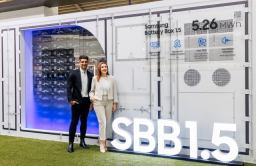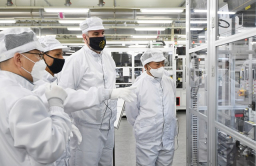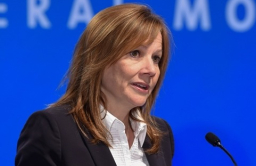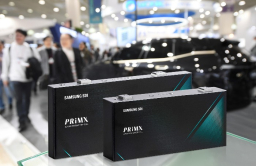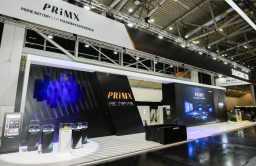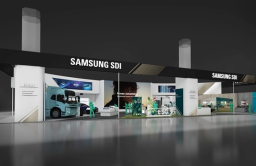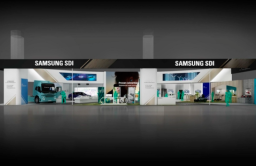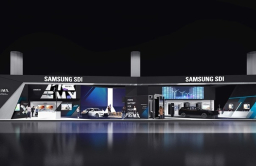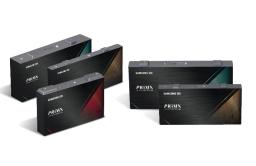-
KOSPI 2577.27 -2.21 -0.09%
-
KOSDAQ 722.52 -7.07 -0.97%
-
KOSPI200 341.49 +0.02 +0.01%
-
USD/KRW 1396 -2.00 0.14%
Samsung SDI to raise $1.4 bn in rights offering for facility expansion
Rights offerings
Samsung SDI to raise $1.4 bn in rights offering for facility expansion
This is Korea’s No. 2 battery maker’s first rights offering in 20 years; its shares ended down Friday on dilution concerns
By
Mar 14, 2025 (Gmt+09:00)
4
Min read
News+
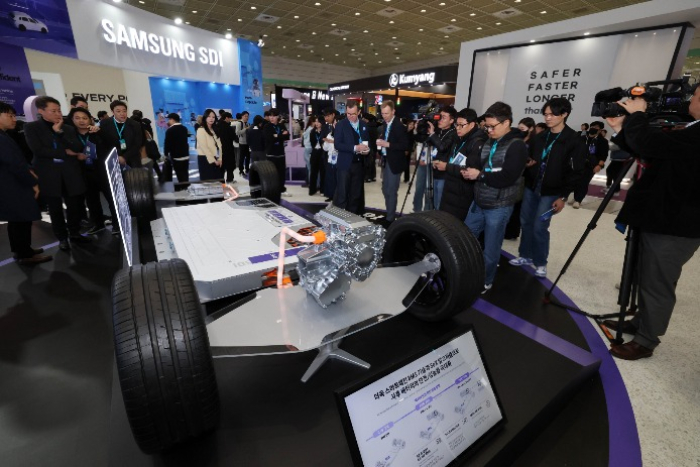
Samsung SDI Co. will issue new shares worth 2 trillion won ($1.4 billion), its first rights offering in two decades, to fund bold facility and R&D investments to stay ahead of rivals when the global electric vehicle market picks back up.
The second-largest lithium-ion battery producer in South Korea announced in a regulatory filing on Friday that it will sell 11,821,000 new shares to its employee stock ownership association with 20% allocation and other existing shareholders for the remaining, which is expected to enable it to raise a total of 2 trillion won.
The new share issuance will be tantamount to a 16.8 percent capital increase.
Underwriters are NH Investment & Securities Co., KB Securities Co., Korea Investment & Securities Co., Shinhan Securities Co. and Mirae Asset Securities Co.
Any forfeited shares during the direct placement from May 27 to 28 will be offered in a June 2-3 public subscription. The new shares will be listed on June 19.
MANUFACTURING FACILITY EXPANSION FOR SUPERCYCLE
This is Samsung SDI's first rights offering in 20 years.
The world's fifth-largest EV battery market will use the proceeds from the new share sale to expand manufacturing facilities and new technology research – about 500 billion won in building pilot lines to produce precursors in Korea and the remaining 1.5 trillion won in building its manufacturing joint venture with General Motors Co. in the US and adding new battery cell lines in Hungary.
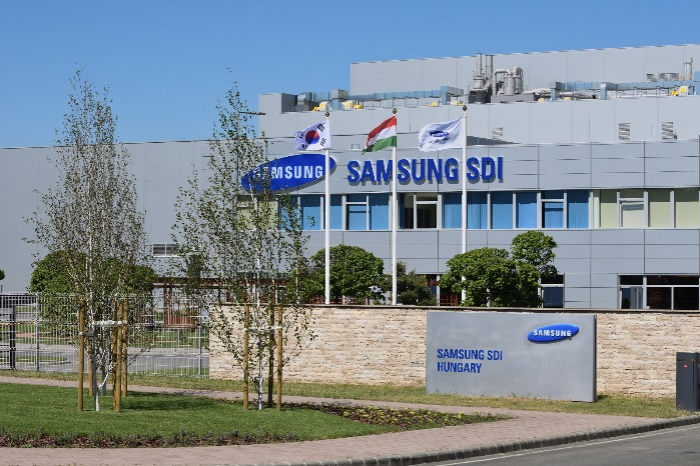
The company’s bold investment plan comes despite lingering concerns about a global battery supply glut amid a protracted EV slump worldwide, underscoring its confidence in the EV battery industry’s long-term growth prospects.
“We have decided to issue new shares to drive our mid- to long-term growth with sound financial health,” said Choi Joo-sun, the president and chief executive officer of Samsung SDI.
“We are readying for the return of a (so-called) supercycle (of the battery industry) by fighting back the EV chasm with reinforced competitiveness in technology, expansion of orders and sales and efficient cost management,” he added.
Market research firms also forecast that the global EV battery market will grow at a compound annual growth rate of 20% between 2025 and 2030.
GROWING BORROWINGS IN LINE WITH RISING INVESTMENTS
Samsung SDI’s facility investment jumped to 6.6 trillion won in 2024 from 1.7 trillion won in 2019 in an aggressive bid to ramp up its battery cell production capacity.
Its annual spending on R&D also hit 1.3 trillion last year, the highest among the Korean top three battery makers – LG Energy Solution Ltd., Samsung SDI and SK On Co.
The world’s No. 5 EV battery maker is actively investing in the development of next-generation battery technologies, such as solid-state batteries and lithium-ion phosphate (LFP) batteries, to stay ahead of its rivals.
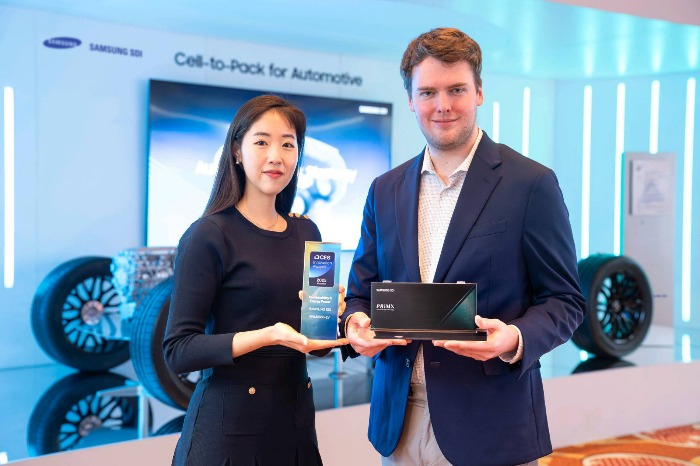
But in the prolonged EV slump, its net borrowings swelled to 7.4 trillion won as of September last year from less than 3 trillion won a year ago.
Samsung SDI’s largest shareholder, Samsung Electronics Co., will likely join the upcoming rights offering, industry observers suspected.
Considering its 19.58% stake, the Korean chip giant could spend about 300 billion won to buy Samsung SDI's new shares, which will be offered to existing shareholders at a 1:0.1414 ratio at a preliminary price of 169,200 won apiece.
The final price will be confirmed on May 22.
In general, large shareholders join a new share sale.
Other major shareholders with a 5% or more stake in Samsung SDI include Korea’s biggest institutional investor, the National Pension Service, with 7.39% and the world’s largest asset manager, BlackRock, with 5.01%.
DILUTION CONCERNS OVER NEXTERA ORDER NEWS
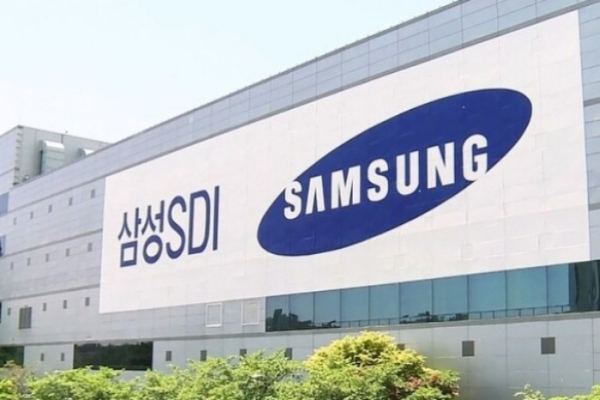
Samsung SDI shares fell 6.2% to end at 191,400 won Friday despite news released on the same day that it bagged a $301 million deal to supply batteries for energy storage systems (ESS) to NextEra Energy Inc., a major US clean energy company.
It expects more orders from NextEra, the company said in a regulatory filing.
The Korea Economic Daily exclusively reported last July that Samsung SDI was set to provide ESS batteries to NextEra in a 1 trillion won deal.
Investors, however, were more jittery about share dilution after the company’s massive new share sale in the absence of clear signs of a recovery in the EV battery market.
Samsung SDI reported 363.3 billion won in consolidated operating profit for 2024, down 76.5% from the previous year, with an annual revenue of 16.6 trillion won, down 22.6%.
Write to Ji-Hyo Lee at jhlee@hankyung.com
Sookyung Seo edited this article.
More To Read
-
Aug 28, 2024 (Gmt+09:00)
-
Jul 05, 2024 (Gmt+09:00)
-
Aug 26, 2022 (Gmt+09:00)
-
Feb 06, 2024 (Gmt+09:00)
-
Oct 23, 2023 (Gmt+09:00)
-
Sep 27, 2023 (Gmt+09:00)
-
Jun 29, 2023 (Gmt+09:00)
-
Mar 14, 2023 (Gmt+09:00)
-
Mar 03, 2023 (Gmt+09:00)
-
Mar 02, 2023 (Gmt+09:00)



